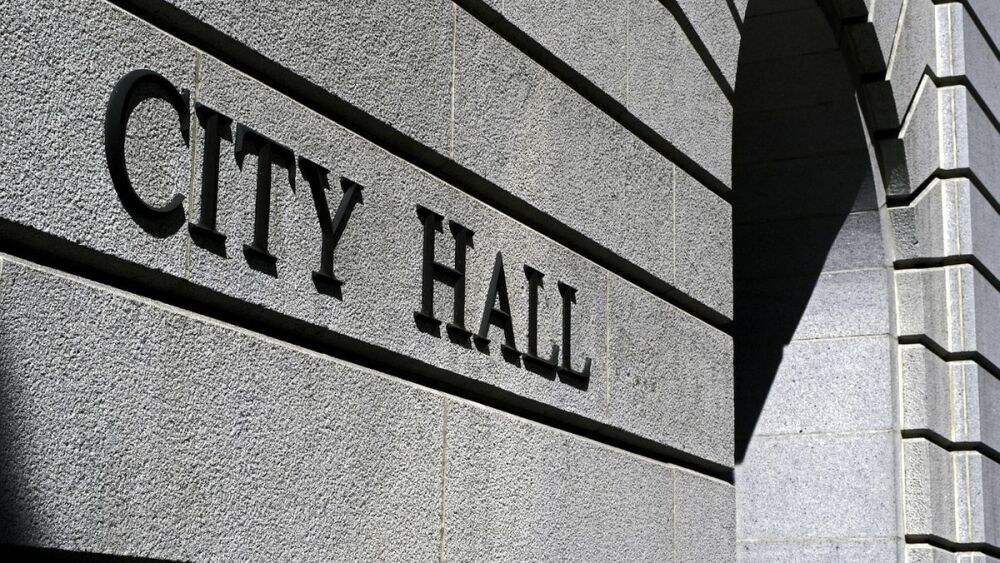By Brentin Mock
CityLab
My CityLab colleague Vicky Gan recently pointed out all the ways that we’ve been doing recycling wrong—necessary information given that this has consequences, particularly for recycling-plant workers. For instance, tossing plastic bags in recycling bins causes “a huge hassle” on the recycling plant’s end, writes Gan, because they often end up jamming up the machinery that sorts and processes the materials.
These plastic jam-ups create one of the top nine hazardous conditions faced by recycling workers, according to a new report from the Global Alliance for Incinerator Alternatives and the Partnership for Working Families.
Rotten foods, used hypodermic needles, toxic chemicals, dead animals, and broken glass are among the many refuse items listed in the report that workers at Materials Recovery Facilities (MRFs) have to hand-sort. These workers are exposed to these dangers in part because of our poor waste-disposal habits on the supply side. But cities also haven’t been doing the best job of regulating the recycling companies they employ.
Reads the report:
As municipalities expand their recycling programs, they can and should use their power to hold industry accountable to high health and safety standards and outcomes. Because they contract with recycling companies to manage the municipal recycling stream, city governments create and shape local waste management and recycling markets in significant ways that can be leveraged to improve recycling worker health and safety.
Read full coverage here.


